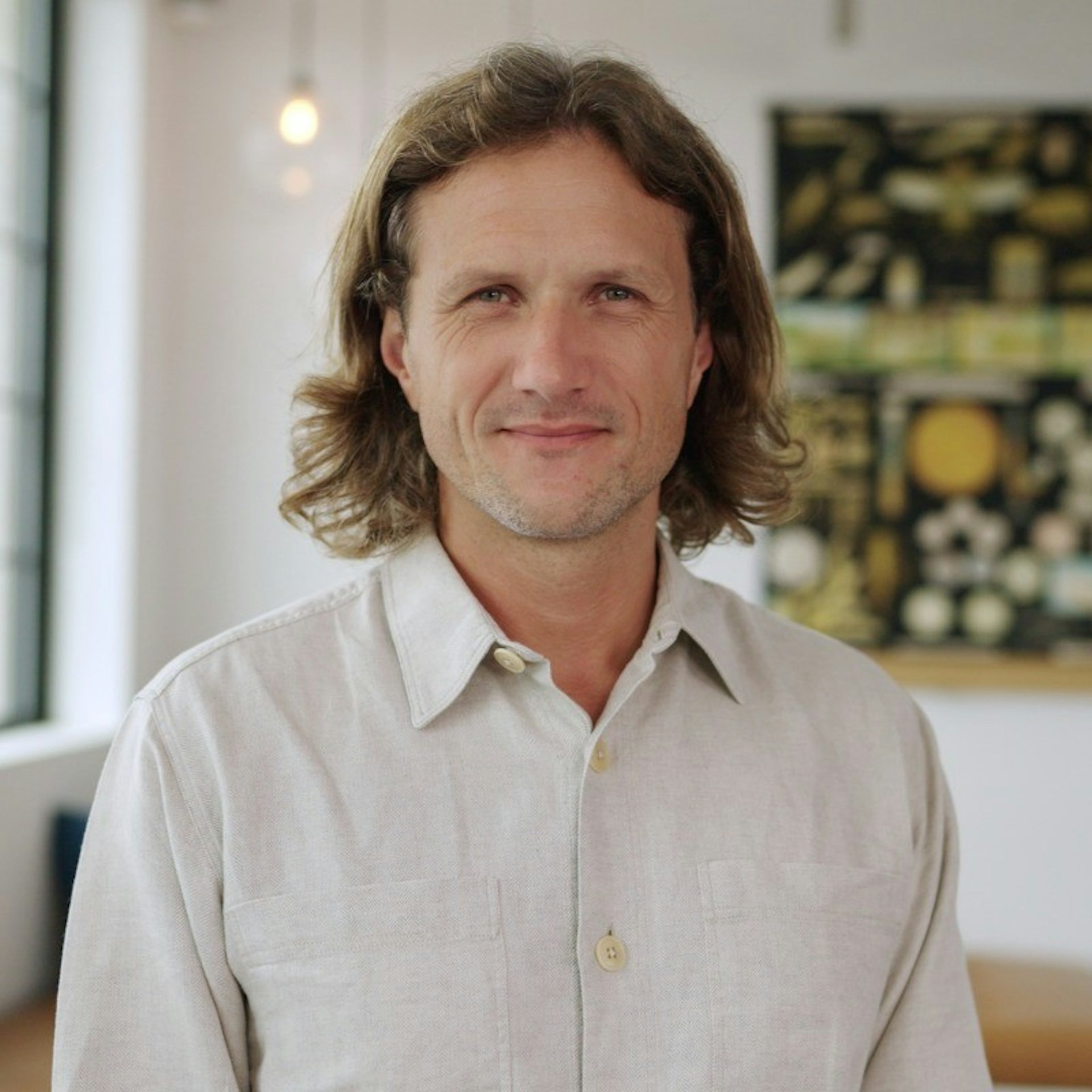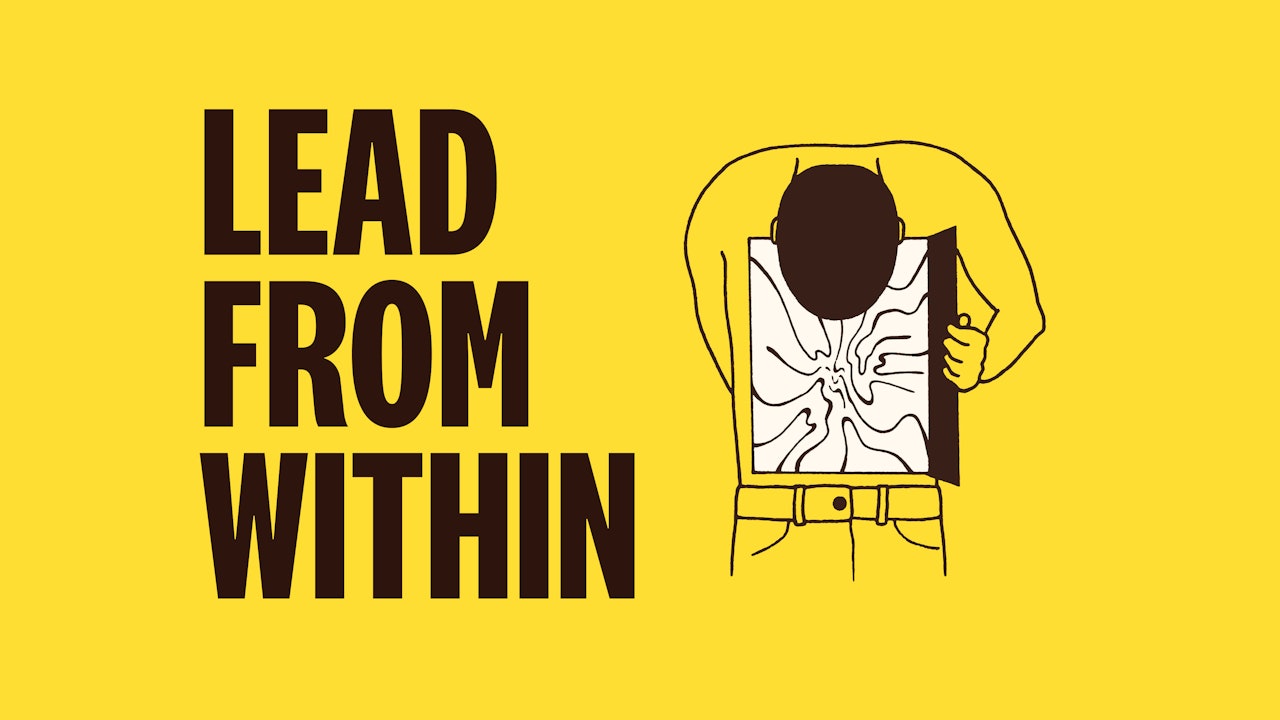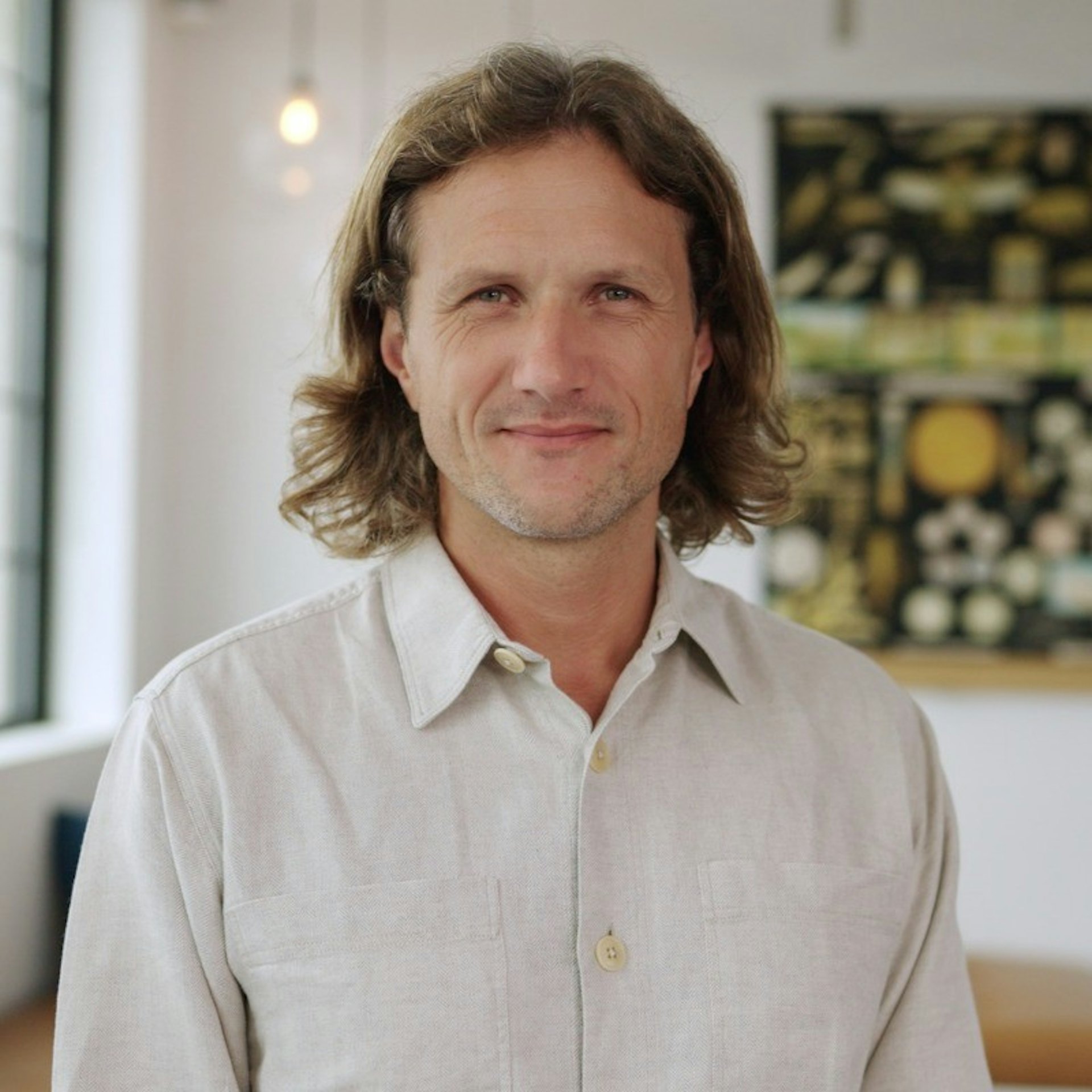Purpose-driven leadership: A conversation with Tanuj Kapilashrami, Chief Strategy & Talent Officer at Standard Chartered Bank

Dr. Nick Taylor
11 April 2024

Content
- What motivates you in your work?
- In terms of building skills for the future of work, what role does wellbeing play?
- If wellbeing is a skill, what have you done personally to learn it? And how do you manage your wellbeing with the high demands of your workload?
- From an organizational perspective, what are we getting wrong when it comes to wellbeing?
- Was there a turning point which prompted this shift in focus for you, from seeing wellbeing as a strategic imperative rather than a benefit?
- How do you navigate cultural differences when discussing wellbeing and mental health across a global organization?
- What role do you see AI playing in shaping the future of human potential, performance, and wellbeing in the workplace?
- How would you describe your leadership style?
Throughout my career I’ve had the privilege of speaking with many innovative and purpose-driven leaders. But my recent conversation with Tanuj Kapilashrami, Chief Strategy & Talent Officer at Standard Chartered Bank, is one I’ll always remember.
Tanuj's perspectives on redefining the role of HR, prioritizing employee wellbeing, and leveraging technology responsibly offer a refreshing take on how organizations can create truly human-centric workplaces. Throughout our discussion, I was struck by her authenticity, her passion for delivering impact at scale, and her commitment to nurturing a future-fit workforce.
In this candid interview, Tanuj shares her personal journey of shedding outdated ideas of leadership to become a more vulnerable and empowering leader, and delves into the transformative potential of AI in enhancing the employee experience through hyper-personalization. Tanuj offers a roadmap for organizations to foster sustainable performance fit for the future of work.
What motivates you in your work?
What motivates me in my work is the drive to deliver impact. Throughout my career, I've been intentional about choosing projects and roles that allow me to contribute in a meaningful way.
As I've grown older, I've realized the importance of extending this impact beyond just my organization – it's about making a difference on a larger scale, affecting communities and society as a whole.
I come from a family of people in public service. A lot of the work my family members have done has been at the intersection of public and private sectors. So this idea of delivering impact at scale has been ingrained in me since childhood.
Despite working in a bank, I see my role as an opportunity to serve the public. Whether it's through initiatives aimed at education, employability, or skills development, the goal remains the same: making a positive difference in people's lives.”
I've always sort of thought of my career as an intersection of change, transformation and people strategy.
I grew up in pre-liberalized India. In emerging markets, there’s a real gap between education and employability. I got into HR because I genuinely believe that as the world of work is changing, businesses need to play a key role in bridging that gap. And I thought that by being a part of the people function, there is a real opportunity to be able to focus on building skills for the future of work.
In terms of building skills for the future of work, what role does wellbeing play?
Wellbeing is often seen as something which is fluffy, difficult to quantify. But I think wellbeing is a core human skill. And like any other skill, I think it can be learned, it can be developed, and it can be measured.
And as you think about a future-fit organization and a future-fit workforce, wellbeing is a key component of our human skills agenda.
If wellbeing is a skill, what have you done personally to learn it? And how do you manage your wellbeing with the high demands of your workload?
I believe wellbeing is a very personal thing. It's about identifying what works for me and ensuring that the environment around me supports those efforts.
For me, maintaining my mental health involves simple things like going to the gym a few times a week and prioritizing key moments in my daughter's life such as school events and concerts. And not just being there physically – but being able to be fully present and engaged in those moments.
From an organizational standpoint, I advocate for creating an atmosphere where people can focus on the aspects of their wellbeing that are meaningful to them. At Standard Chartered, we emphasize the importance of purpose and offer ample opportunities for employee volunteering, allowing individuals to engage in activities that resonate with their interests and contribute to their overall wellbeing.
From an organizational perspective, what are we getting wrong when it comes to wellbeing?
I wouldn’t say getting it wrong exactly, but wellbeing has traditionally been all about tools and support. In most HR departments wellbeing sits along with employee relations or benefits – for example with the team that manages medical insurance plans. So historically a lot of the focus has been on when things go wrong.
A large amount of work that we are trying to do in Standard Chartered is to change the focus. We’re talking about wellbeing at the positive end of the spectrum – this idea that positive mental health can be a significant contributor to high performance and productivity.
Was there a turning point which prompted this shift in focus for you, from seeing wellbeing as a strategic imperative rather than a benefit?
COVID was a real turning point for me personally, and I believe for organizations as well. It made it clear that we need to consider employees as stakeholders in the same way we do customers, regulators, and shareholders.
That's why we established an Employee Advocacy team, which sits at a senior level and encompasses inclusion and diversity, culture, employee experience and wellbeing – all driving high performance. We view wellbeing as part of a continuous spectrum and strive to deliver a differentiated experience for our colleagues, recognizing their unique lived experiences.
When I was looking for the head of Employee Advocacy, many people didn't understand the role, but I believe it's crucial to focus on the end-to-end lived experience of our colleagues. The Head of Employee Advocacy is now a critical member of our organization, involved in discussions at the highest levels about improving the experience of our colleagues.
How do you navigate cultural differences when discussing wellbeing and mental health across a global organization?
I'm quite aware that the level of awareness around topics such as wellbeing and mental health varies significantly across different parts of the world. While these conversations are more prevalent in the western hemisphere, they may not be as widespread in some of the other markets we operate in.
However, instead of approaching these topics at a headline level, I believe it's crucial to delve into the specific levers that create positive wellbeing and an inclusive environment. This includes factors such as having high-quality people leaders, fostering an inclusive culture, and nurturing a sense of belonging. These levers are far more universal, transcending cultural boundaries.
For instance, the feeling of belonging in the workplace is something that resonates across diverse cultures, whether it's in the UK, Nigeria, India, or China. Similarly, having the necessary tools to perform one's job effectively and maintaining a healthy relationship with one's manager are universally desired aspects of a positive work experience.
While the language and terminology used to discuss these topics may vary across cultures, the fundamental principles remain consistent. By deconstructing the factors that contribute to positive wellbeing and inclusion, we can uncover a shared understanding that cuts across geographical and cultural divides.
What role do you see AI playing in shaping the future of human potential, performance, and wellbeing in the workplace?
I am a firm believer that technology, particularly when enabled by AI, can play a critical role in delivering superlative experiences to our colleagues. AI has the potential to democratize access to services and information and provide hyper-personalized experiences, both of which are essential in catering to the unique preferences and needs of individuals.
However, the choice of technology, especially when AI is involved, is crucial. We invest significant effort in ensuring responsible AI practices, prioritizing privacy, ethics, and inclusivity. Even the AI solutions themselves need to be evaluated through a diverse lens to mitigate potential biases.
If not implemented thoughtfully, there is a risk that AI could inadvertently undermine the inclusion agenda. That's why we take a co-creation approach, actively involving our workforce in the process of evaluating and implementing new technologies.
When done right, AI can be incredibly powerful in enhancing the employee experience, wellbeing, diversity and inclusion, and talent development. But it requires a purposeful implementation strategy and a genuine partnership between technology providers and the organization.
How would you describe your leadership style?
I believe in authentic leadership. When I joined the management board at Standard Chartered five years ago, I had to unlearn quite a few of the ideas I’ve picked up about leadership along the way. The first thing I had to unlearn was this idea that, as the leader, you should always have all the answers.
I consciously started admitting when I didn't know something in team meetings, which completely changed the dynamic. The old model was that the boss is always right, but now I believe that vulnerability and curiosity are real assets within a leader.
I also do a lot of reverse mentoring – for example – I got to learn about the metaverse from our Gen Z employees – that was a really great learning experience for me. Coming from an emerging markets and financial services background, there was a lot I learned, as well as a lot to unlearn. It's an ongoing process – I still default to old habits sometimes. But being transparent about your leadership journey creates a safe space for others to guide you.
Ultimately, embracing vulnerability and authenticity as a leader is empowering. Leadership is a privilege but also a responsibility you have to find ways to genuinely enjoy.
About the Author

Dr. Nick Taylor, Co-Founder & CEO at Unmind
About the Author
